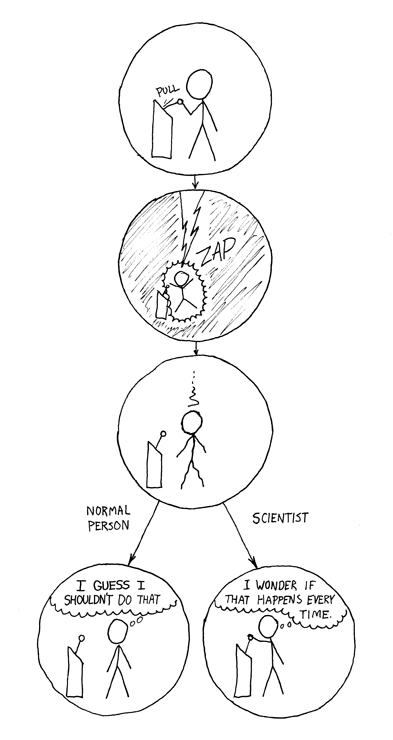The BBC reports that one of the top engineering schools will be shutting down their dorm Internet access every night in order to improve academic performance. Students will still be able to log on to the library or their departmental laboratories.
The authorities in India’s premier engineering institute, the Indian Institute of Technology (IIT) in Bombay (Mumbai), have cut off internet access to students in hostels at night.
They feel that 24-hour internet access is hampering students’ academic performance and overall personality development…Ms Thosar-Dixit said they were beginning to see a drop in attendance during morning lectures and a noticeable decline in students’ participation in extra-curricular activities.
“In the morning the students would not be fresh and attentive and their socialising patterns were changing as they preferred to sit in their rooms and surf the net rather than interact with their mates.
This is an exciting example of technology regulation. If the school chooses to regulate in this fashion it curtails free choice among students and punishes all students – even those who have a “good” relationship to technology. But if the school chooses to ignore the problem then the overall performance of the students (and the school) will decline.
The decision to turn of the Internet at night may be well-intentioned but the question of concern is not the regulators intention but rather the results of the regulation. In addition to the results an important consideration in regulation must be the signal regulation sends to the regulated. In this case the students are told that their behavior patterns are incorrect and unacceptable. Whether this is true or not is not the relevant issue. Right and wrong change over time.
I disagree with blanket prohibitions such as these. The paternalistic approach creates a great deal of tension between groups. Between them and us. The regulated and the regulators. I know for a fact that it is not only students at the IIT in Bombay that have “unusual” nocturnal habits. Therefore the school is attempting to impose a normality on a weaker group while the regulators themselves do not subscribe to the concepts of normality they are trying to impose.
Orwell again: All animals are equal, but some animals are more equal than others.


